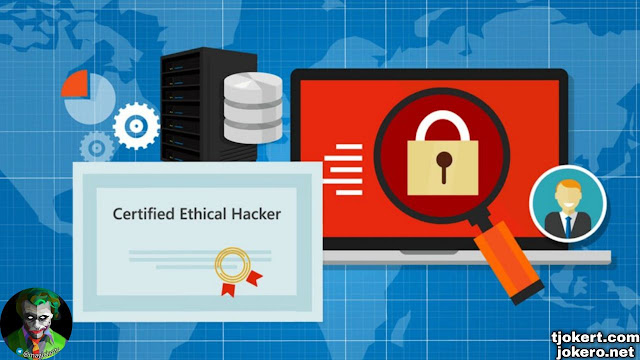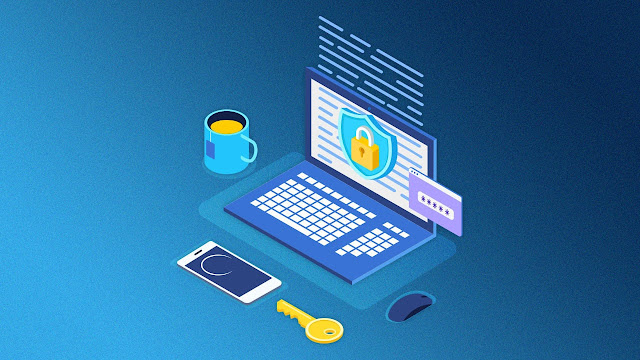Cybersecurity Basics: How to protect yourself and your network online
In our modern digital world, cybersecurity has become a very vital topic. With the increase in technology and our increasing reliance on the Internet in our daily lives, it has become necessary to protect ourselves and our networks from increasing cyber threats. In this article, we'll give you an overview of cybersecurity basics and how to protect yourself and your network.
What is cybersecurity?
Cybersecurity refers to a set of procedures, technologies, and practices aimed at protecting systems, networks, and data from cyber threats. These threats include viruses, worms, malware, and cyber breaches.
How to protect yourself and your network?
1. Use strong passwords
- Use strong, complex passwords consisting of a combination of upper and lower case letters, numbers, and symbols.
- Change passwords regularly and do not share them with others.
2. Update software and applications
- Make sure to update your software and applications regularly to get the latest security updates and patches.
3. Use protection programs
- Install comprehensive security software that provides protection against viruses, malware, and malware.
4. Double identity verification
- Use double identity verification to add an extra layer of security when logging into your accounts.
5. Warning against fraudulent messages
- Avoid clicking on links or opening attachments from suspicious emails.
6. Data backup
- Make regular backups of important data and store them in a safe place outside the network.
7. Employee instructions and security awareness
- Provide training and instruction to employees on security best practices and how to recognize cyber threats.
8. Hire cybersecurity experts
- In case of doubt or need, cybersecurity experts can be used to evaluate systems and provide appropriate solutions.
Other cybersecurity tips
- Avoid using public Wi-Fi networks to access your sensitive accounts.
- Activate firewalls on your devices to prevent unauthorized access.
- Avoid opening files attached from unknown or suspicious sources.
Types of cyber threats
1. Viruses and worms
- Viruses and worms are malicious programs that aim to reproduce and reproduce within systems and networks. They can cause data corruption and reduce system performance.
2. Malware and spyware
- Malware and spyware are cyber threats that aim to obtain your personal information and sensitive data.
3. Cyber breaches
- Cyber breaches are the penetration of networks and systems to obtain data or cause damage.
A special group on Telegram for ethical hacking and cybersecurity
Now we leave you a distinguished group on the Telegram platform that teaches its subscribers about cybersecurity and ethical hacking. Not only that, but it also provides a large group of important books in this field in addition to teaching programming languages and exploring the loopholes that exist within websites and within applications, in addition to the educational courses that they provide. You can obtain accredited certificates in these educational courses and more features that they offer within the group to their subscribers.
Full explanation of the group on YouTube
Group links
To enter the group mentioned above (click here)
in the end
Cybersecurity is an integral part of our digital lives. By following good security practices and taking advantage of available technologies and tools, we can protect ourselves and our networks from cyber threats. Always remember that prevention is better than cure, so follow the tips mentioned above to ensure that your personal information and sensitive data remain safe.


